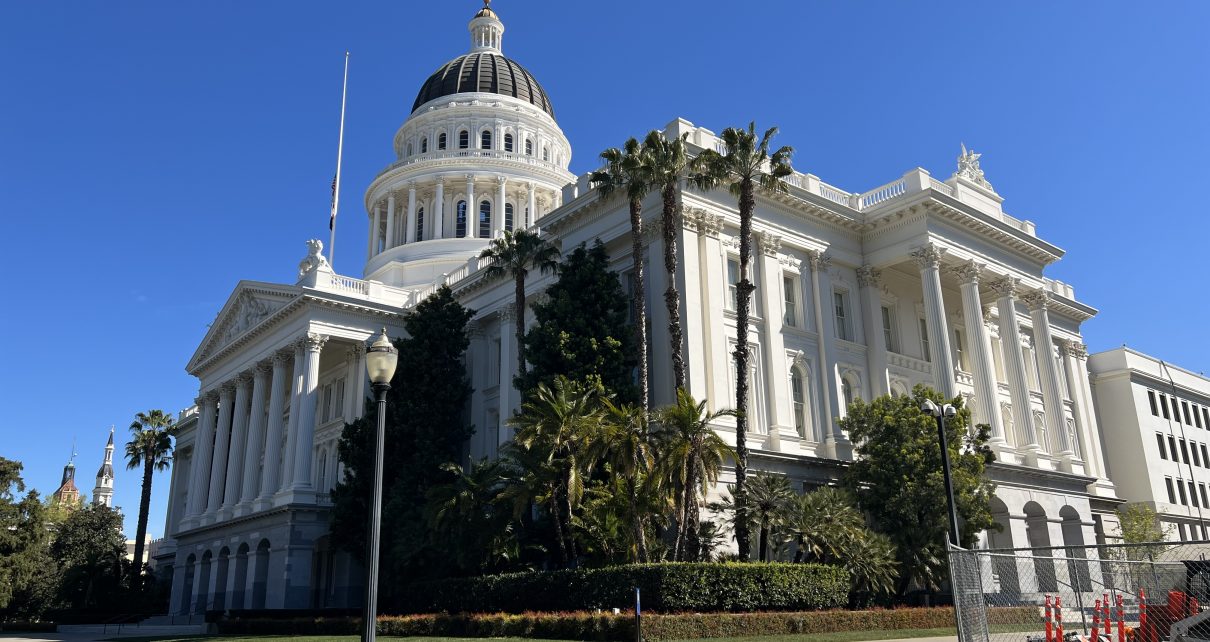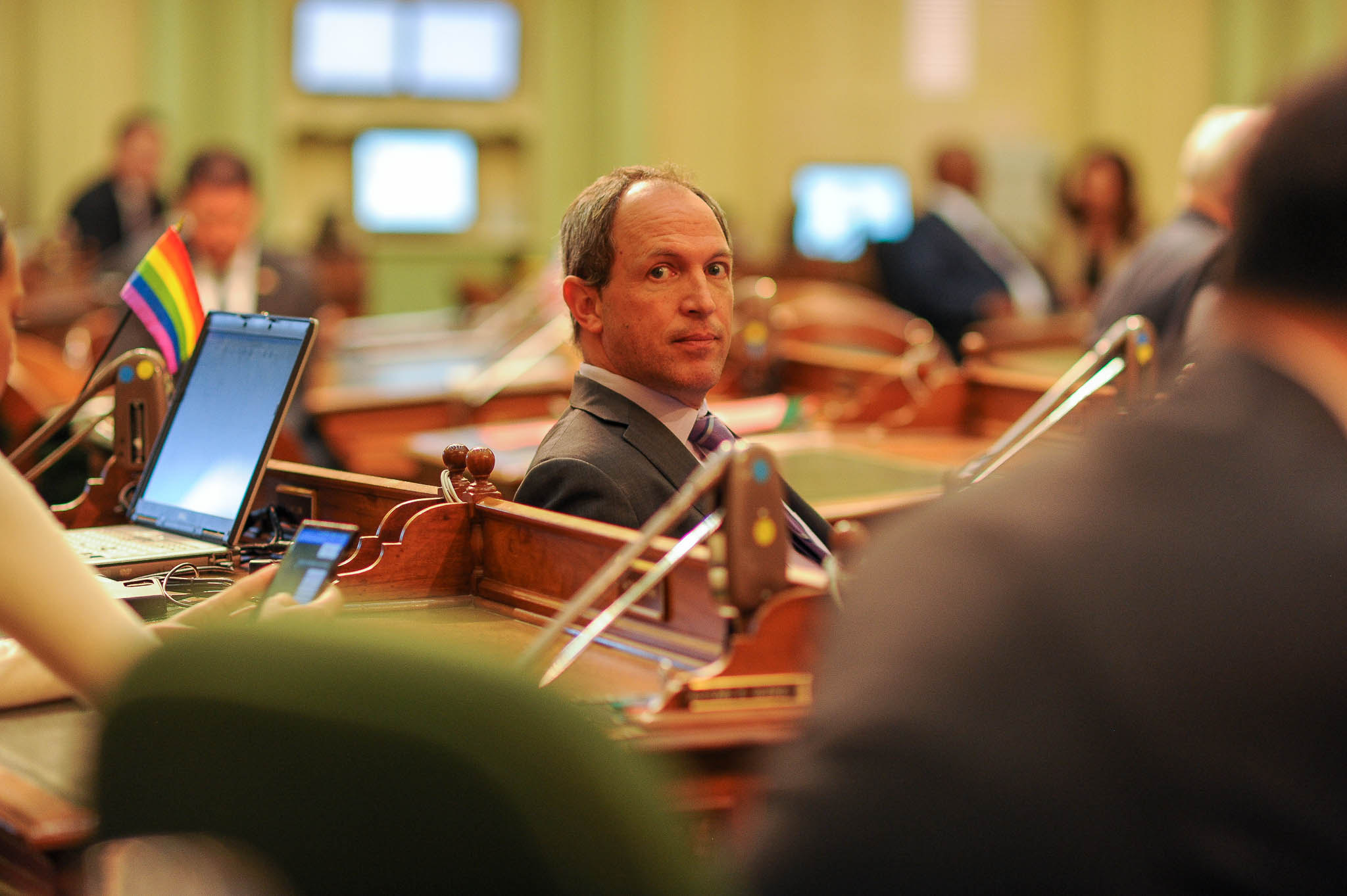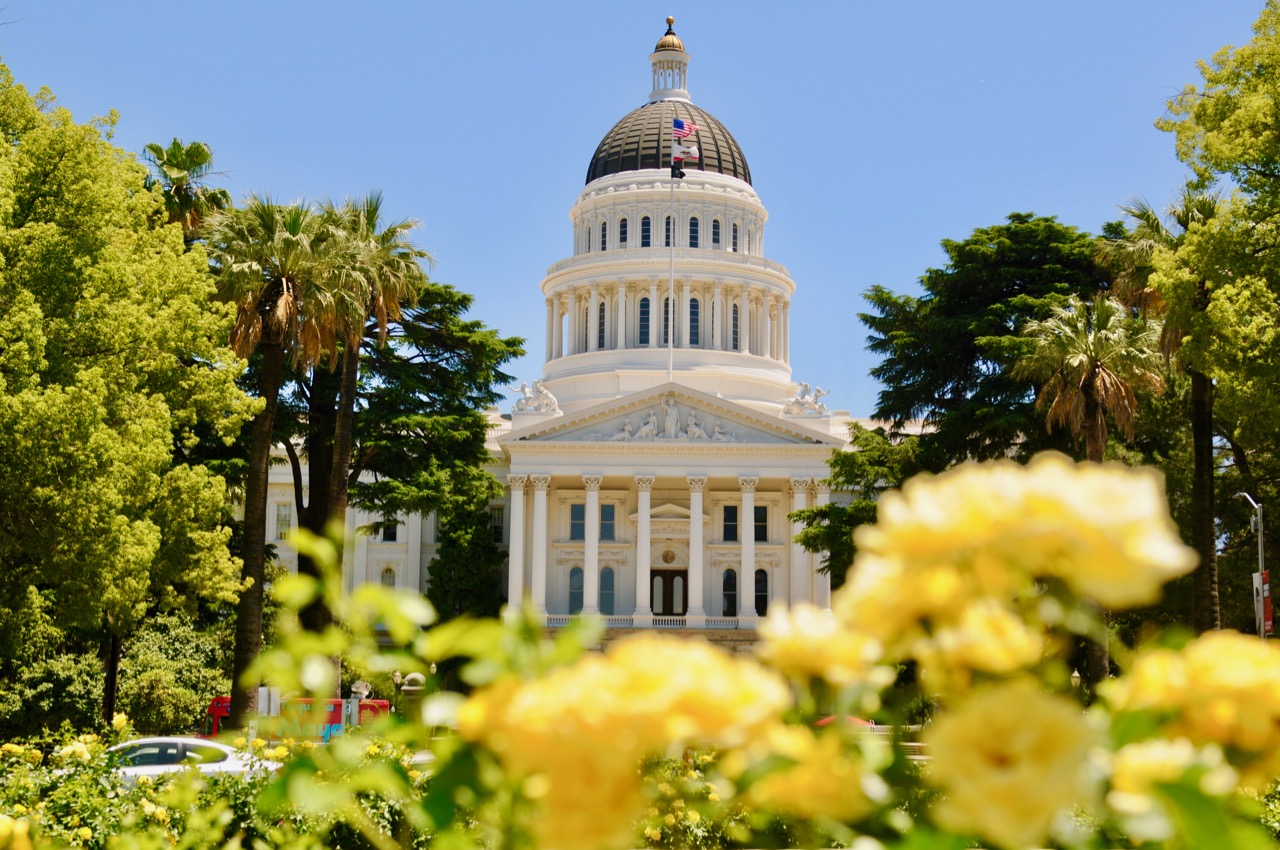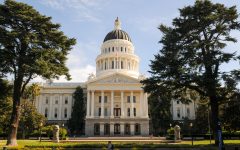
California State Capitol. (Photo: Kevin Sanders for California Globe).
Alternative Enforcement Under the Labor Code
All civil penalties recovered by a public prosecutor are paid to the General Fund of this state, unless otherwise specified
By Chris Micheli, January 28, 2024 1:32 pm
California’s Labor Code contains certain alternative enforcement provisions in Division 1, Chapter 8, which was added in 2023 by Chapter 659. Section 180 defines the term “public prosecutor” to mean the Attorney General, a district attorney, a city attorney, a county counsel, or any other city or county prosecutor.
Section 181 authorizes a public prosecutor to prosecute an action, either civil or criminal, for a violation of specified Labor Code provisions or to enforce those provisions of this Code independently. Moneys recovered by public prosecutors under this Code are applied first to payments, such as wages, damages, and other penalties, due to affected workers.
All civil penalties recovered by a public prosecutor are paid to the General Fund of this state, unless otherwise specified. An action of a public prosecutor is limited to redressing violations occurring within the public prosecutor’s geographic jurisdiction, unless the public prosecutor has statewide authority.
In addition, a public prosecutor may seek injunctive relief to prevent continued violations of specified Labor Code sections. The court may award a prevailing plaintiff in that action its reasonable attorney’s fees and costs, including expert witness fees and costs. A public prosecutor is required to provide a 14-day notice to Division of Labor Standards Enforcement prior to prosecuting an action under this section. However, a public prosecutor’s failure to provide this notice is not a defense to the action.
Moreover, the DLSE has the right to intervene in any court proceedings brought by a public prosecutor, unless the public prosecutor has statewide authority, in which case intervention in a proceeding is permissive. This section remains in effect only until January 1, 2029.
Section 182 specifies that, in any action initiated by a public prosecutor or the Labor Commissioner to enforce the Labor Code, any individual agreement between a worker and employer that purports to limit representative actions or to mandate private arbitration does not have any effect on the authority of the public prosecutor or the Labor Commissioner to enforce the Labor Code.
- Relations of LLC Members and Managers - February 24, 2026
- This Is an Interesting Limit on Rulemaking Power - February 23, 2026
- Miscellaneous Civil Action Proceedings - February 23, 2026




